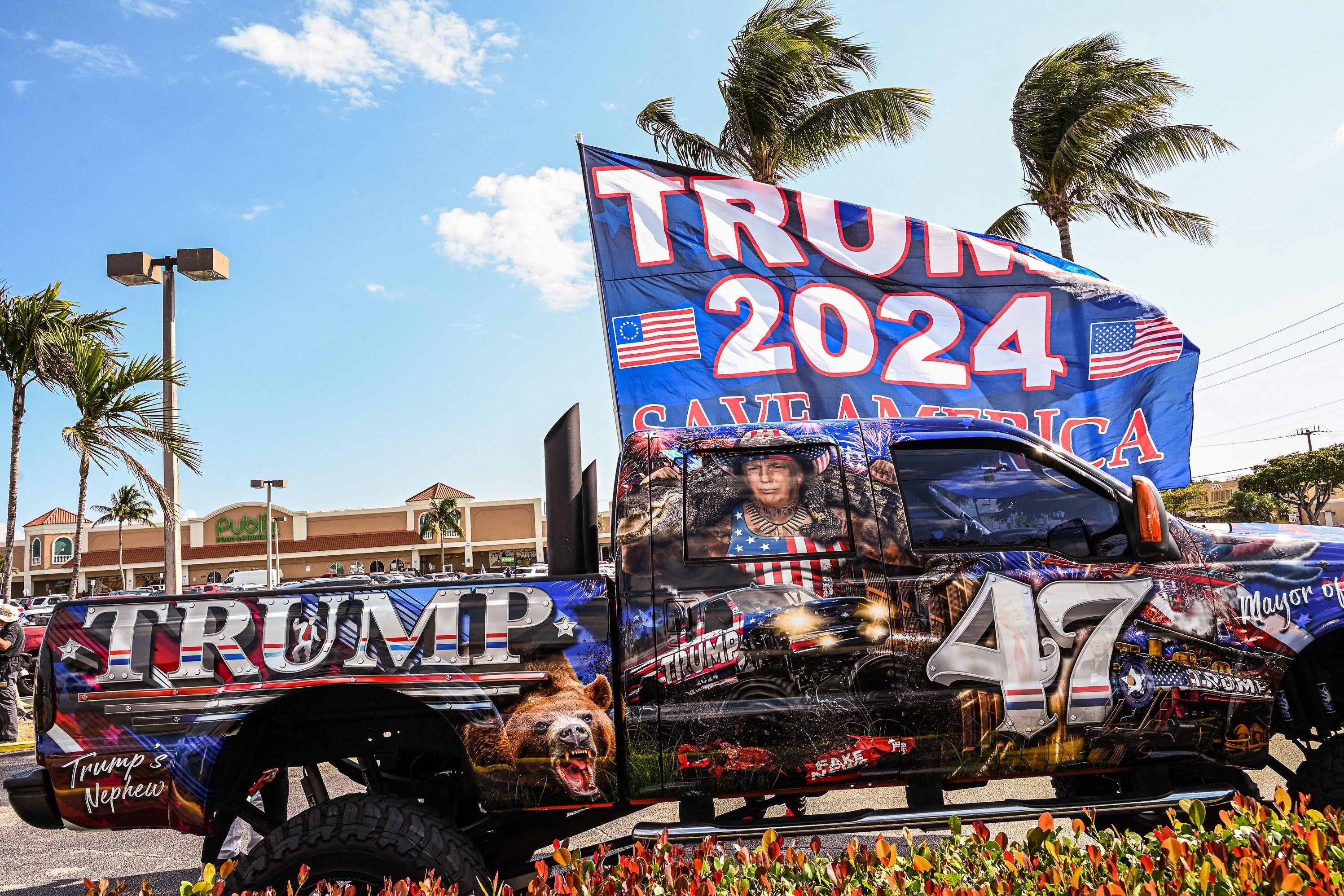Based on what I have seen so far, the decision to charge Donald Trump with felonies in New York state is a mistake both legally and politically.
First, the legal problems.
Back in 2018, I wrote at Slate that Donald Trump’s payments of hush money to adult film actress Stormy Daniels to keep her from speaking and hurting his 2016 U.S. presidential chances was likely a federal campaign finance crime. The feds should have charged him, but they did not, perhaps because of political interference from Trump’s then-attorney general, Bill Barr.
The federal case would not have been a slam dunk, because there were big legal and factual issues. Legally, some have argued that these payments were personal expenses, not campaign expenses, even if shutting Daniels up would have helped Trump politically, too. Factually, to turn a campaign finance violation into a criminal one, prosecutors would have to prove that Trump knew he was violating campaign finance laws and did so willfully. Proving intent can always be tricky. Just ask those who (unsuccessfully) prosecuted former Senator John Edwards.
As difficult as that case would have been, I favored bringing it because I thought there was a good legal argument that these payments were campaign-related and there was strong enough evidence that a jury should decide the question. In addition to the evidence of the time provided by Trump’s attorney Michael Cohen, we later learned through the Department of Justice’s non-prosecution agreement with the National Enquirer’s parent company, AMI, that Trump had a deal in place with AMI to “catch and kill” potentially damaging stories, such as Daniels’. In that non-prosecution agreement, AMI stipulated that the purpose of the “catch-and-kill” deal was to bolster Trump’s candidacy. This evidence would have proven critical had any federal charges actually occurred, as I said at the time they might.
The New York state case, however, presents additional legal hurdles. New York District Attorney Alvin Bragg has charged Trump with falsifying business records through reimbursement payments to Cohen over a nondisclosure payment to Daniels. Such falsifications are misdemeanors. In order to turn them into felonies under New York law, Trump has to have been found to have committed this offense in order to conceal or in furtherance of “other crime.” So in addition to proving the intent to commit false business records, the DA also will have to prove intent to commit—or concealment of—another crime. The indictment itself does not mention what the other crimes are, and the accompanying statement of facts refers vaguely to campaign finance charges by referencing the guilty plea of Michael Cohen to federal campaign finance crimes related to paying off Daniels. During his press conference on Tuesday, Bragg indicated that those other crimes were state and federal campaign finance violations, as well as the covering up of a separate false records violation by AMI. The indictment does offer an allegation of Trump’s election-related intent:
The Defendant directed Lawyer A to delay making a payment to Woman 2 as long as possible. He instructed Lawyer A that if they could delay the payment until after the election, they could avoid paying altogether, because at that point it would not matter if the story became public. As reflected in emails and text messages between and among Lawyer A, Lawyer B, and the AMI Editor-in-Chief, Lawyer A attempted to delay making payment as long as possible.
Nonetheless, this new theory still has the old problems the federal case would have, but it also has new, more serious ones. Most importantly, it is far from clear that Trump could be liable for state campaign finance crimes as a federal candidate. Moreover, state prosecutors may be precluded from prosecuting federal candidates for federal crimes under a rule called “preemption,” meaning they have to be brought by federal authorities rather than state authorities. These are thorny issues that likely will have to be resolved by appeals courts over years.
These legal problems raise the political issues with bringing these claims against Trump as a felony based on proving “other crimes” that might not be proven and which rely on complex legal theories.
It is said that if you go after the king, you should not miss. In this vein, it is very easy to see this case tossed for legal insufficiency or tied up in the courts well past the 2024 election before it might ever go to trial. It will be a circus that will embolden Trump, especially if he walks.
Trump is not above the law, and if they can prove the misdemeanors, then by all means they should go after him. (However, there may be statute of limitations issues around those.) But this kind of case can give credence to Trump claims of a witch hunt.
As I wrote back in Slate in 2012 about the John Edwards case, it seems bad public policy to allow prosecutors to bring novel and difficult claims against politicians, in part because they may do so for political rather than legal reasons. I would much rather see Trump prosecuted for concealing classified documents or for interfering with the 2020 election and seeking to disrupt Congress’ counting of the Electoral College votes. Those are cases that are on much more solid legal and factual ground.
I would rather see the fire aimed where it belongs: at Trump’s attempts to undermine American democracy and interfere with the peaceful transition of power during the 2020 election. Those kinds of prosecutions can help to support the rule of law. This one may undermine it.
